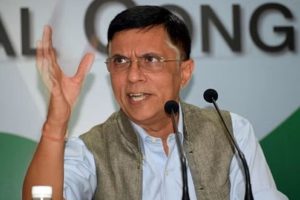Varun Grover recently commemorated the 12th anniversary of “Gangs of Wasseypur” on his X account (formerly Twitter), reflecting on the profound impact the film has had since its release. He expressed his amazement at how the film and its music album have continued to resonate with audiences over the years. Grover reminisced about sharing early versions of the film’s songs with friends in Bandra, just a month before the movie hit theaters, and feeling thrilled by their enthusiastic responses.
Grover’s debut album’s release day remains vivid in his memory, filled with unexpected, ecstatic reactions. He highlighted how the film served as a launching pad for numerous actors, including Jaideep Ahlawat, Pankaj Tripathi, Huma Qureshi, Nawazuddin Siddiqui, Richa Chadha, Tigmanshu Dhulia, Jameel Khan, and Vipin Sharma, all of whom gained significant recognition and acclaim.
Advertisement
See Varun Grover’s post here:
Additionally, many of the film’s assistants have since become directors, such as Neeraj Ghaywan, Shlok Sharma, Anubhuti Kashyap, and Vasan Bala. Grover, along with other crew members like Nitin Baid, Vicky Kaushal, and Sneha Khanwalkar, also found their unique paths and voices through their work on the film.
He also pointed out that “Gangs of Wasseypur” might have kick-started meme culture in India, thanks to a creative publicity strategy. Neeraj Ghaywan’s innovative idea of creating Twitter profiles for the film’s characters, like ‘Wasseypur Ka Sardar Khan’ and ‘Wasseypur ki Naghma,’ introduced a new way of film promotion on social media.
Grover expressed immense gratitude to Anurag Kashyap for entrusting him with a significant album and to Sneha Khanwalkar for her innovative approach to music, vocals, and lyrics. He acknowledged that her respect and creativity in handling the music remain unparalleled.
In his heartfelt post, Varun Grover celebrated the film’s enduring legacy and the continuous love it receives. “Gangs of Wasseypur” not only revolutionized the careers of those involved but also left an indelible mark on Indian cinema, blending powerful storytelling with a distinctive promotional style that remains influential to this day.











